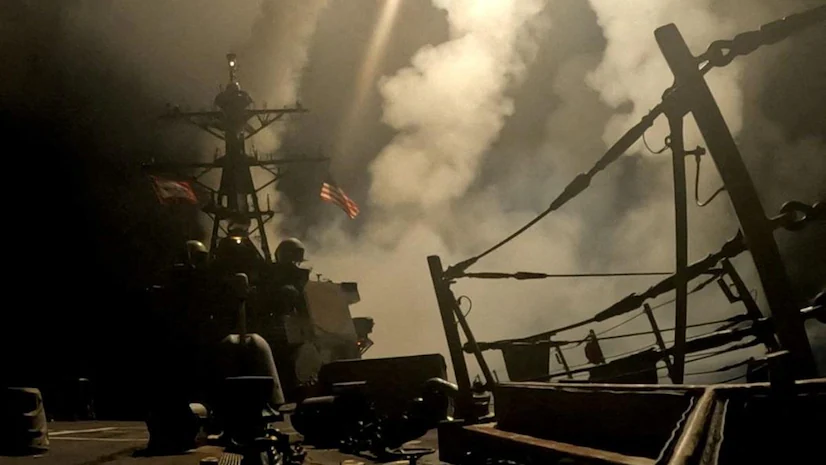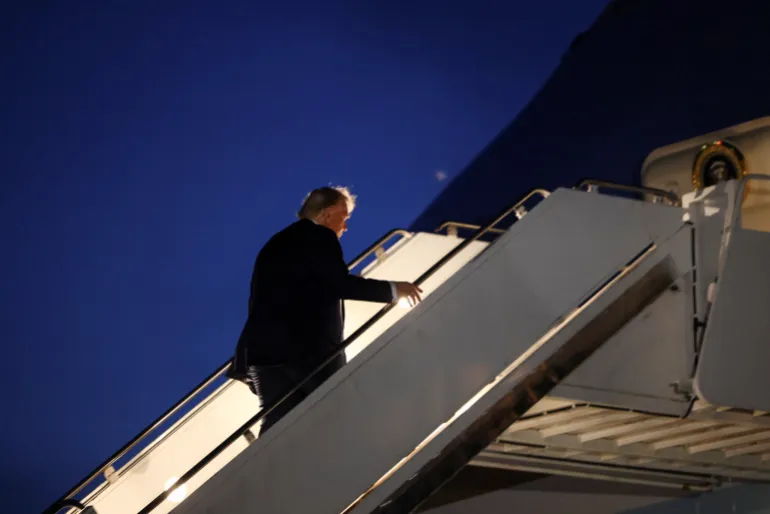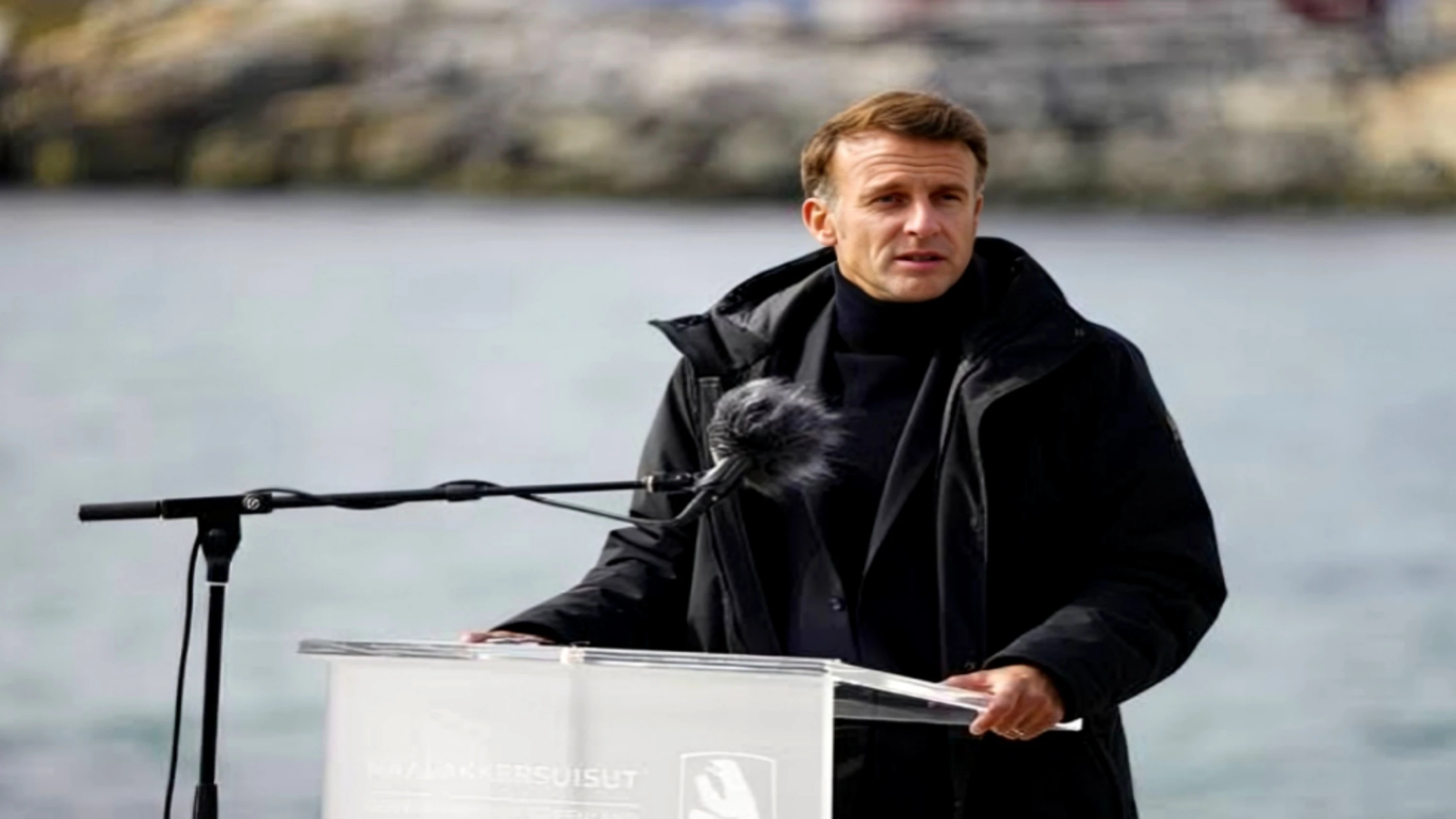Sanaa: The United States has launched new attacks in Yemen, killing four people in the Hodeidah region. The strikes targeted a water management building in the al-Mansouriyah district.
According to Anees Alasbahi, a spokesman for the Houthi health minister, three people were initially reported dead, but later, Houthi-affiliated Al Masirah TV confirmed a fourth fatality. The attacks are part of an ongoing US military campaign against the Houthis, who have been targeting Israeli-linked ships in the Red Sea.
Local media also reported strikes in Yemen’s Hajjah and Saada regions, though the US has not officially confirmed the latest attacks. Since the US began its military operations against the Houthis on March 15, more than 60 people have been killed. The situation escalated after the Houthis warned of renewed attacks in response to Israel breaking a ceasefire in Gaza.
In addition to the airstrikes, the US has decided to send a second aircraft carrier to the Middle East. The USS Carl Vinson will join the USS Harry S. Truman to strengthen US military presence in the region. The Pentagon also announced plans to deploy additional warplanes, reinforcing security in the Central Command area. The US military remains on high alert, preparing for potential escalation from state and non-state actors.
Houthi forces responded by launching drones and cruise missiles at US ships in the Truman aircraft carrier group. This marked the third attack on US military vessels within 24 hours, according to Al Masirah TV. Meanwhile, US officials, speaking anonymously to Reuters, revealed that at least four B-2 stealth bombers had been deployed to the US-British base on Diego Garcia, an island in the Indian Ocean. This location gives the US a strategic advantage for striking targets in Yemen and Iran if necessary.
The growing conflict has also intensified tensions between the US and Iran. President Donald Trump has vowed to continue strikes on Houthi forces until they are no longer a threat to shipping. He also issued a warning to Iran, stating that "there will be bombing" if Iran does not agree to US demands on its nuclear program. In response, Iran’s Supreme Leader Ayatollah Ali Khamenei threatened retaliation, while Revolutionary Guards Aerospace Commander Amirali Hajizadeh warned that US bases in the region were vulnerable, comparing them to a "glass house." Iranian media reported that the country has prepared missiles capable of striking US-linked positions if necessary.
With military movements intensifying and diplomatic tensions rising, the region remains on the brink of further conflict.








